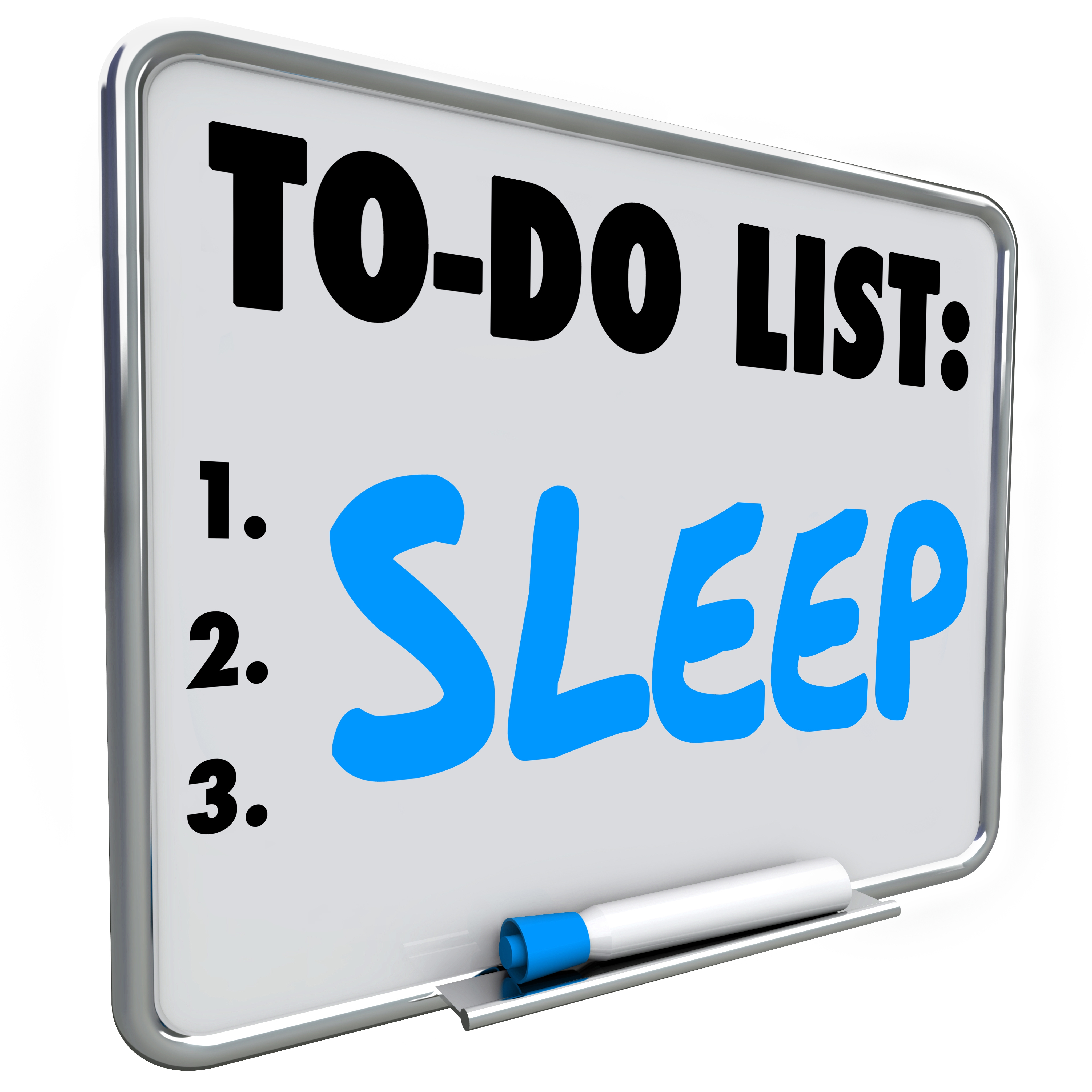
Posted on November 01, 2019
It's likely no news to anyone reading this that many Americans are sleep-deprived. The US Centers for Disease Control and Prevention (CDC) says that 25 percent of US adults report insufficient sleep or rest at least 15 out of every 30 days. According to CDC, adequate sleep is necessary to fight off infection, support the metabolism of sugar to prevent diabetes, and perform well at school and work. The consequences of not getting enough sleep can be serious: an increased risk of heart disease, high blood pressure, obesity, diabetes and mortality from all causes. Despite the high stakes, the odds of being among those sleeping less than 6 hours a night has increased significantly over the last 30 years. https://www.healthypeople.gov/...
I was late waking up, so to speak, to the importance of getting 7 to 9 hours of nightly sleep. For years I resisted noticing how closely my sleep connected to other areas of my health: how I ate, whether I had enough energy to exercise, my mood. I finally admitted I needed more than 6 hours of sleep to function optimally and tried to do something about it.
When getting in bed earlier wasn’t a magic bullet, I began experimenting. Having heard that “sleep hygiene” practices could help, I lowered the bedroom temperature to below 70 degrees, took warm showers in the evening, and stayed off my phone and laptop for an hour before bed. (Out of deference to my husband, I stopped short of scattering lighted candles and lavender sachets around the room). I definitely felt relaxed after taking these steps, but I still couldn't sleep. Clearly, I hadn't gotten to the root of my problem.
I next tried a sleep meditation. This sharpened my awareness of my mind, as it wandered from thought to thought, processing the events of the day, dwelling on those that hadn’t gone well and the To Do's I hadn’t completed. As in my morning meditation, I practiced looking at my thoughts almost as though someone else were having them. I saw how often I berated myself. The negative voice in my head (my “Inner Critic,” as it is often called) was persistent, having had free rein for most of my life. No wonder I felt so much tightness in my neck and shoulders.
I attempted to add a different voice to the conversation. “You did your best to get everything done today, and that’s good enough,” I chanted silently, believing the first part and trying to convince myself of the second. Measuring myself against the yardstick of my To Do list had become a habit, which made it automatic, so my words had no effect at first. Lacking a better idea, I repeated this mantra nightly. In a week or so, I began to notice something: less tension in my body, less chatter in my mind. I had a real breakthrough shortly afterward when I started a mental "Ta Da! list" of things I'd accomplished during the day. This led me to my next step.
Knowing that positive emotions can have a profound effect on mood and health, I began a gratitude journal, making a note at bedtime of three things I feel grateful for that day. I bought a little notebook and put it on my nightstand so I wouldn’t forget.
Some days it’s easier than others to come up with three expressions of gratitude. Digging deep for the good things in a “bad” day is especially rewarding. When I feel frustration or disappointment, it helps to find something, however small, that went well or made me happy. It reminds me that each day is different and full of possibility, which makes it easier to shut down for the day and look forward to tomorrow.
After following these routines for several months, in addition to my pre-bedtime practices, I began to fall asleep more easily and have less difficulty getting back to sleep after awakening at night. While this sounds like a lot of work, I now look forward to these rituals. I'm getting closer to 7 hours of sleep many more nights, and I feel more rested than before. The mental benefits of my bedtime routine have spilled over into the rest of my day. I'm glad I could make these improvements without medication.
What’s keeping you from getting the sleep you need? Each of us is unique, so I expect your obstacles are different from mine. Like me, you may have to become a sleep detective to figure them out. I encourage you to experiment until you find what works for you. If it seems helpful, start here for some sleep hygiene tips: https://www.cdc.gov/sleep/abou...
While lifestyle changes are a good place to begin, it may be appropriate in some cases to consult your healthcare provider to investigate possible sleep disorders or medical causes.
I wish you the best of luck and more than a few good nights’ sleep!